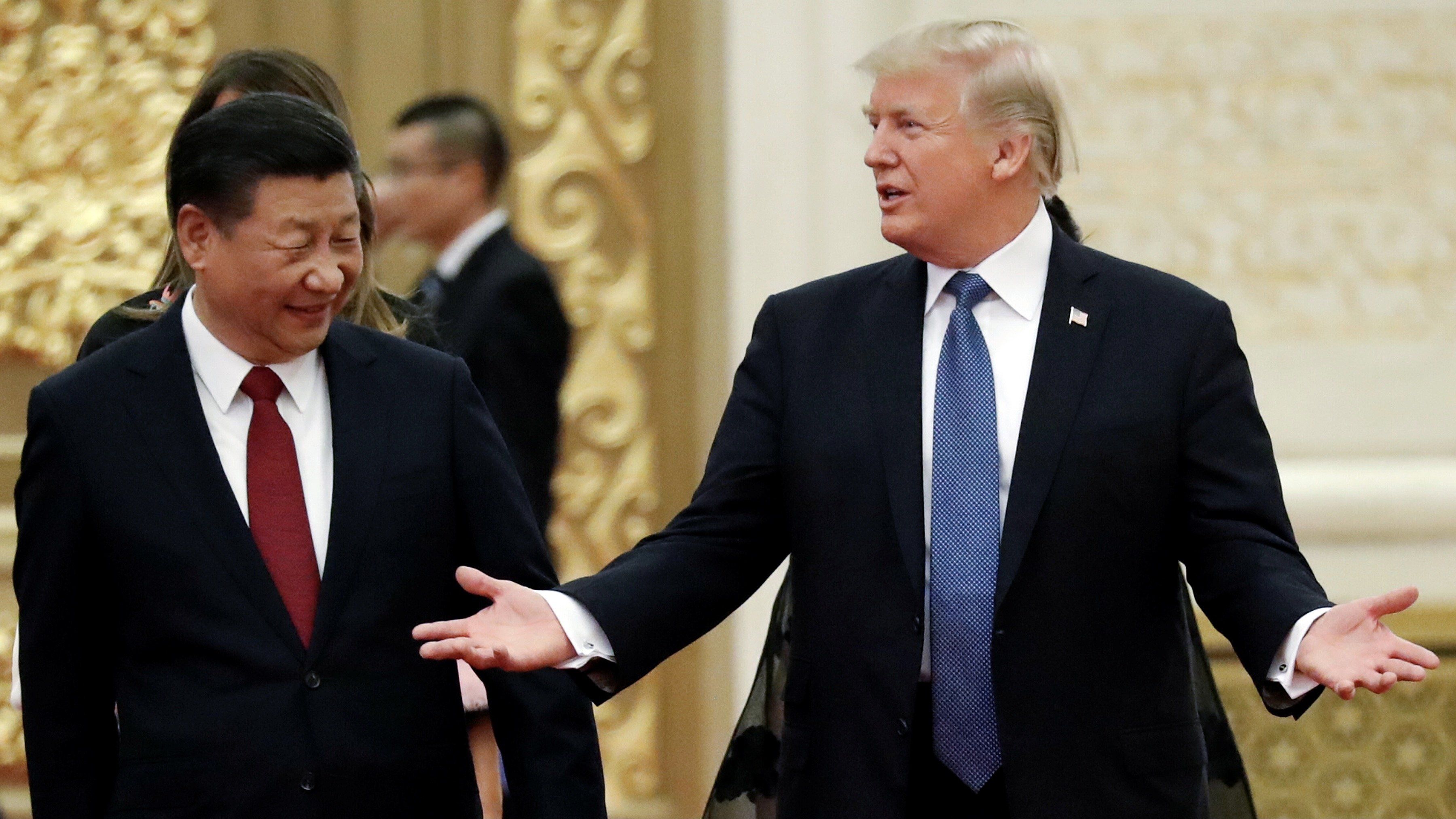90: President Donald Trump on Monday delayed the US’s tariff deadline with China by another 90 days – hours before a previous agreement was set to expire. Beijing responded Tuesday by suspending additional retaliatory tariffs on US goods. The move follows bilateral talks last month in Stockholm, where both sides had signaled a likely extension of the status quo amid fears of a wider trade war.
5: In a first for any NATO country, Finland brought charges against the captain and crew of a Russian-linked oil tanker for suspected subsea cable sabotage, after the vessel cut five cables by dragging its anchor along the Baltic Sea floor in late 2024. While subsea cables are vital for internet connectivity and electricity infrastructure, prosecuting foreign interference is notoriously difficult, as deliberate damage is often indistinguishable from accidents.
40: On Monday, 40 people were killed in the western Sudanese region of Darfur, after rebels from the Rapid Support Forces attacked Abu Shouk, a famine-hit displacement camp which houses at least 200,000 people. Darfur has witnessed some of the worst violence in Sudan’s two-year-long civil war, which has claimed an estimated 150,000 lives and displaced at least 12 million.
850: A Chinese man pleaded guilty on Monday of attempting to illegally smuggle 850 protected turtles to Hong Kong from the United States. The turtles – worth around $1.4 million – were reportedly wrapped in socks and labeled in boxes as “plastic animal toys.”
